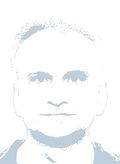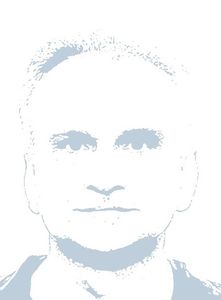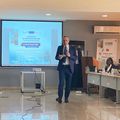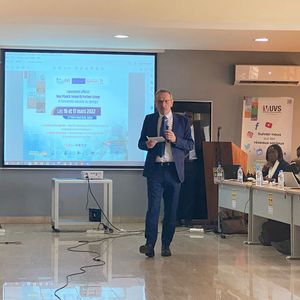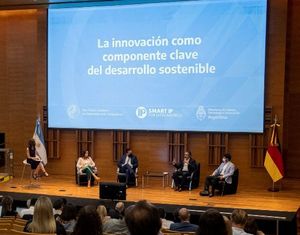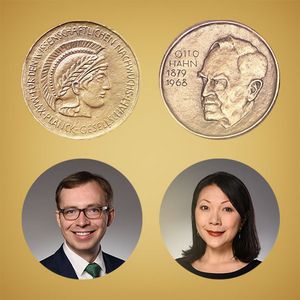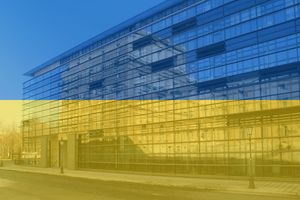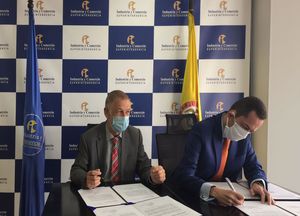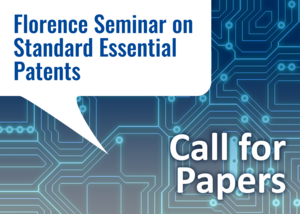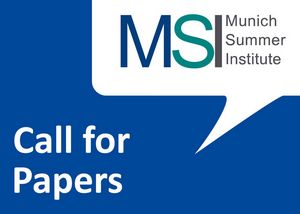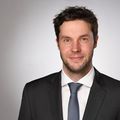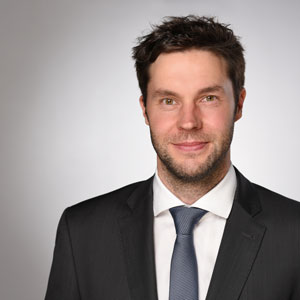On day one, keynote speaker Hanna Halaburda (NYU) refreshingly discussed whether bitcoin can help us go green. The paper and poster presentations on that day focused on topics relating to “Privacy & Information”, “Digitization, Strategy & Organization”, “Media”, and “Market Dynamics”.
The second day initially dealt with the topics “Startups”, the “Gender Gap”, and “Entrepreneurship & Innovation”. The keynote speech was given by Nicola Lacetera (University of Toronto) on “Trust and Social Support: Rethinking the Economics of Innovation in the Age of AI”. Then the participants turned their attention to the areas of “Information” and “Labor”.
Day three first offered insights into “Incentives” and then dealt with the paradox of privacy regulation. Melissa Wassermann (University of Texas Austin) spoke in her keynote about investing in ex ante regulation drawing on evidence from pharmaceutical patent examination. The last poster slam centered around IP from a legal and economics perspective, innovation and digitalization. The MSI 2022 ended with presentations on platform regulation and drug patents.
Since its beginning back in 2016, the Munich Summer Institute has aimed to facilitate networking within an international and interdisciplinary research community. Accordingly, the conference was organized jointly by ETH Zurich’s Center for Law & Economics (Stefan Bechtold), the Max Planck Institute for Innovation and Competition (Dietmar Harhoff), the Chairs for Technology and Innovation Management and Economics of Innovation at TUM (Joachim Henkel and Hanna Hottenrott), as well as the ISTO at LMU (Jörg Claussen and Tobias Kretschmer).
We would like to thank all our speakers, discussants and attendants for a truly outstanding MSI conference 2022. We look forward to next years’ Munich Summer Institute 2023, which will take place from 24 to 26 May 2023!
You can find the the full MSI program 2022 here.

![[Bitte nach "english" übersetzen:] Attendants of the Munich Summer Institute 2022 in the in Grand Hall at the Max Planck Institute for Innovation and Competition, Munich](/fileadmin/_processed_/f/4/csm_MSI_300x300_ad1d177d21.jpg)
![[Bitte nach "english" übersetzen:] Attendants of the Munich Summer Institute 2022 in the in Grand Hall at the Max Planck Institute for Innovation and Competition, Munich](/fileadmin/ipmpg/content/aktuelles/aus_dem_institut/MSI_300x300.jpg)
